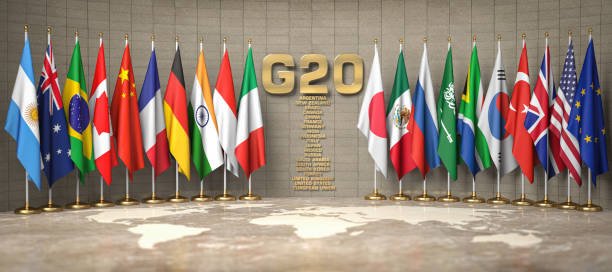Why Europe Has So Many Overseas Inbound Markets to South Africa:
The relationship between Europe and South Africa in terms of overseas inbound markets is multifaceted and robust. A deep analysis of this connection reveals various factors contributing to Europe’s prominent presence in South Africa’s inbound markets.
Why Europe Has So Many Overseas Inbound Markets to South Africa
Europe Has So Many Overseas Inbound Markets to South Africa because of a complex interplay of historical, economic, touristic, and strategic factors. Historical and cultural connections between European countries and South Africa, stemming from colonial ties and shared languages, create a natural affinity. Economic and trade agreements, including bilateral agreements and significant foreign direct investment, foster strong business relationships. The unique touristic appeal of South Africa, with its natural beauty and diverse cultural experiences, attracts many European travellers. Finally, strategic marketing and partnerships, such as collaborations between South African Tourism and European travel agencies and direct air connectivity, facilitate and promote travel from Europe to South Africa. These multifaceted aspects collectively contribute to Europe’s substantial presence in South Africa’s inbound markets.
Here are four key aspects:
1. Historical and Cultural Connections
The historical and cultural ties between South Africa and various European countries have fostered a strong relationship. These connections are seen through:
- Colonial Legacy: Historic ties with countries like the UK, Netherlands, and France.
- Language and Culture: Shared languages and cultural similarities enhance travel interest.
- Diaspora Communities: South African communities in Europe strengthening bilateral relationships.
2. Economic and Trade Agreements
Europe is South Africa’s largest trading partner, and this economic relationship extends to other areas:
- Trade Agreements: The European Union (EU) and South Africa’s bilateral agreements facilitate trade and investment.
- Business Travel: European companies’ significant presence in South Africa spurs business-related travel.
- Foreign Direct Investment (FDI): European investment in South African industries encourages economic interaction.
3. Touristic Appeal of South Africa
South Africa’s unique tourist attractions play a pivotal role in attracting European tourists:
- Natural Beauty: Iconic destinations like Table Mountain, Kruger National Park, and the Garden Route.
- Adventure Tourism: Activities like safaris, diving, and hiking attract adventure-seeking Europeans.
- Cultural Tourism: Rich cultural heritage, including local traditions and historical sites.
4. Strategic Marketing and Partnerships
Marketing strategies and partnerships have been designed to tap into the European market:
- Tourism Marketing: Collaborations between South African Tourism and European travel agencies.
- Air Connectivity: Strategic airline partnerships providing direct flights between European cities and South African destinations.
- Travel Packages: Tailored packages catering to European preferences and holiday seasons.
Conclusion
Europe’s numerous overseas inbound markets to South Africa are a result of interconnected historical, economic, touristic, and strategic factors. This relationship is cultivated through shared cultural heritage, strong economic ties, South Africa’s touristic appeal, and targeted marketing efforts. Understanding these factors is crucial for stakeholders in both Europe and South Africa as they navigate and further develop this significant international relationship. High school learners in South Africa studying geography, history, or economics might find this relationship an intriguing example of global interconnectedness and local impact.






